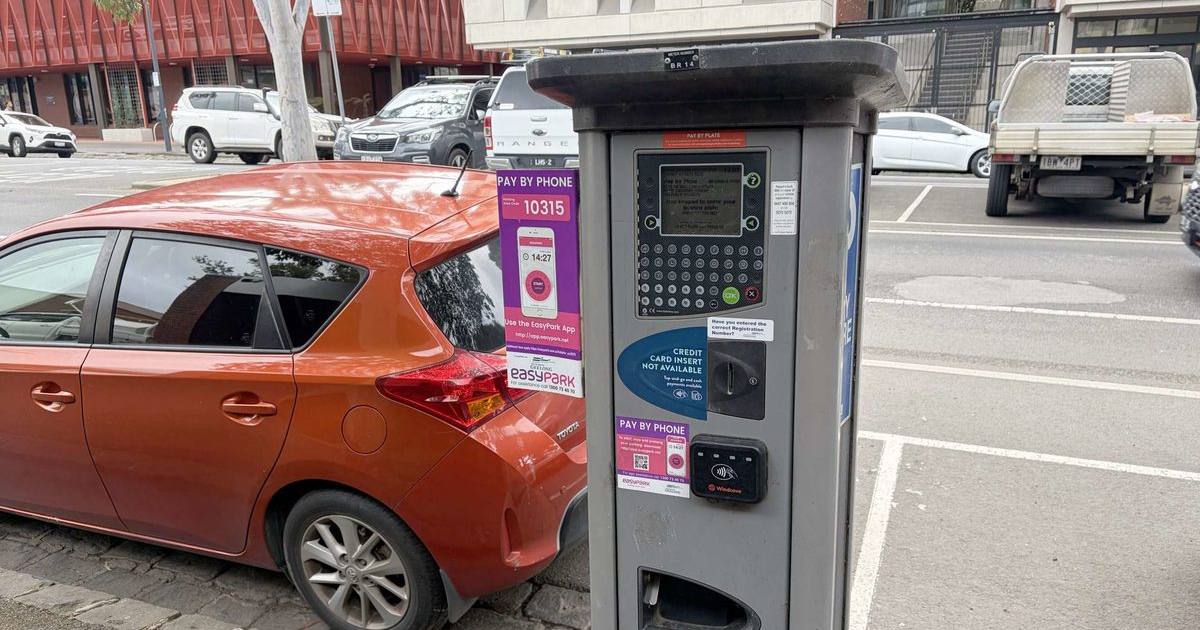Questions over city’s major funding pull without G21
A PEAK property body says Geelong will need G21 to manage its coming population growth as the City of Greater Geelong plans to end its involvement in the regional alliance.
Property Council of Australia’s Geelong committee chair Nat Anson raised doubt about the city’s capacity to lobby governments for substantial funding contributions needed to improve roads and transport infrastructure ahead of continued rapid population growth.
The submission was part of hearings held earlier this month for the city’s proposed 2023/24 budget.
Mr Anson highlighted recent migration figures that showed Geelong was the fastest growing city in regional Australia over the past 10 years and is forecast to add 200,000 residents to its population in the next two decades.
He said that the city’s transport network were “a key concern and identified future constraint” for the city’s future growth.
The urban planner also argued G21’s role in advocating state and federal governments for infrastructure funding and creating regional planning frameworks would be essential for the city’s sustainable growth.
“We are concerned that the proposed draft budget does not cater to the required planning and advocacy for essential infrastructure to support Geelong’s rapid population growth,” Mr Anson said.
“The G21 Geelong Regional Alliance is a central platform for regional advocacy to Commonwealth and state governments. The proposed funding cut by Greater Geelong, central to G21’s funding model, threatens the alliance’s capacity to continue its role as a dedicated advocate in the Geelong region.
“Fundamentally, we do not support the proposition that the role currently undertaken by G21 can be fulfilled solely by the City of Greater Geelong or its associations with Regional Cities Victoria or the Regional Capitals of Australia.
“Geelong’s got a lot of growing to do. The infrastructure that we require is regional, even if it’s located solely within the City of Greater Geelong, and we’d like the decision relating to G21 specifically to be revisited by council.”
Mr Anson is also chair of G21’s economic development committee and was previously a project manager of city’s Northern and Western Geelong Growth Areas before shifting to the private sector.
His submissions to the proposed budget was on behalf of the Property Council.
G21 is working on an Integrated Transport Strategy for the region as a priority project, and lists its role in securing a $500 million Geelong City Deal as among its proudest achievements in its 20 years.
The city’s proposed budget revealed it would leave the alliance in April next year.
Its funding contribution to the alliance would be reduced by about $170,000 to $359,368 in the next financial year, before ending completely.
The city provides three-quarters of G21’s funding from member councils – which also include the Surf Coast, Queenscliffe, Golden Plains and Colac Otway local government areas – and a third of its total budget, leading to doubt about G21’s viability without Geelong.
G21 has indicated it will continue with a “business as usual” approach to its key strategies without the city’s input.
Councillors will make a final decision on whether to adopt its proposed budget at its meeting on Tuesday, June 27.


















